In November 2011, Robert Champion, the drum major of Florida A&M University’s Marching 100 Band, lost his life. While on a bus with fellow band members, someone contacted the police, reporting symptoms such as vomiting, loss of vision, and a high temperature. Unfortunately, he passed away shortly afterward. As details of the events leading to his death emerged, it became evident that a hazing incident had taken place involving approximately 20 individuals. ‘Murder Under the Friday Night Lights: Killing a Champion’ investigates this peculiar case and delves into how justice was administered to those responsible for Champion’s death.
Robert Champion Was a Drum Major With a Bright Future
Robert Champion, a 26-year-old native of Decatur, Georgia, harbored a profound passion for music. His lifelong dream was to become a drum major at Florida A&M University (FAMU). In the spring of 2011, he achieved this aspiration after successfully navigating a rigorous selection process. Initially a clarinet player, he quickly ascended the ranks of the band, earning the esteemed position of drum major. As one of six students in a band of 350, he led the ensemble adorned in a distinctive white uniform and carrying white batons. He had aspirations to become the head drum major in the coming year.
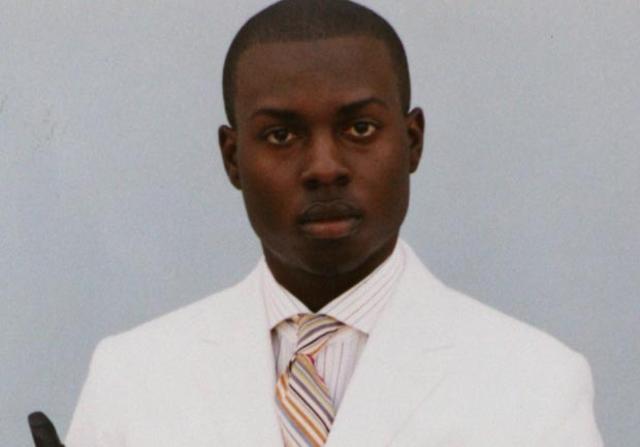
On the night of November 19, 2011, after the final football game of the season between Florida A&M University and Bethune-Cookman University in Orlando, Florida, tragedy struck. A fellow band member placed a distress call to 911, reporting that Robert Champion was vomiting and having difficulty breathing. Upon the arrival of emergency responders, they observed that he exhibited a high temperature and had multiple contusions on his body. Despite attempts at resuscitation, Champion continued to throw up and passed away just a few minutes later.
The coroner’s report determined that he succumbed to a hemorrhage caused by severe blunt-force trauma. Before his passing, Champion had lost his vision. The examination revealed extensive contusions on his chest, back, and shoulders. Importantly, there were no traces of alcohol or drugs in his system. Given the unusual circumstances, coupled with the absence of pre-existing health issues in the 26-year-old, the coroner ruled his death as a homicide.
Robert Champion was Subjected to Hazing
The police quickly determined that Robert Champion’s death resulted from a hazing ritual known as the “crossing Bus C” ritual at FAMU. The initiation process involved a step called the “hot seat,” where the individual to be initiated sat with their head between their legs, covered with a blanket. During this phase, initiators would beat the individual with their hands or sticks until it was time for them to “cross over.” The actual crossing entailed running from the front to the back of Bus C, a specific bus used by the band, while others continued hitting and beating the individual.
On that night, another individual, 22-year-old drum major Keon Hollis, was initiated alongside Champion. The two had been close friends and had planned their initiation for a considerable period. Hollis recalled being the first to complete the crossing in a bus filled with around 20 people. In the darkness, it was challenging to discern the actions of everyone, but Hollis expressed gratitude after touching the back wall of the bus.
He witnessed Champion commencing his crossing and plunging into an environment where kicks, slaps, and sticks rained down on him. A female member of the band was also holding him back, so he would have to endure the process for longer. Champion fell midway and was pulled back to the starting point, getting trapped in one of the seats, where someone stomped on him. Some band members attempted to free him, eventually allowing him to reach the back end of the bus.
In the aftermath of Champion falling ill and eventually passing away, some members of the band departed, while a few stayed behind. Initiating an investigation proved challenging, as individuals were reticent about disclosing the events of the night and provided conflicting accounts. Some asserted they merely stood by and refrained from participating, while others stated they had gone to the bus to retrieve a lighter and witnessed Champion’s ordeal. Numerous individuals claimed they were actively trying to assist Champion and had not taken part in the hazing.
In May 2012, charges were brought against 13 FAMU band members in connection with the hazing murder of Robert Champion. The Marching 100 faced a one-year suspension and underwent a comprehensive reorganization and cleansing to prevent the recurrence of such incidents. In response to the incident, both the band director and the university president resigned. Champion’s death not only prompted significant changes within the Marching 100 but also brought the pervasive issue of hazing into the public spotlight, fostering awareness about the prevalent practice.
FAMU Band Members Have Kept a Low Profile
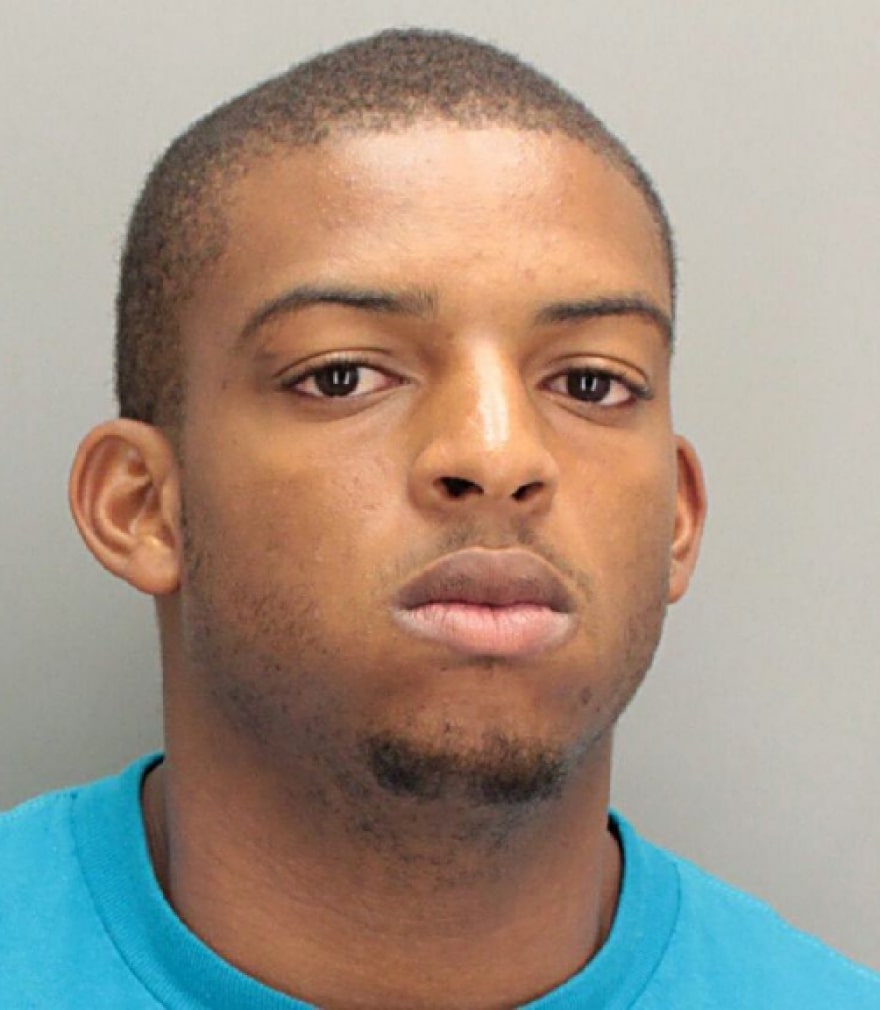
The state prosecutors elevated the charges against certain members of the FAMU Marching 100 band from felony hazing to manslaughter. In 2014, Jesse Baskin became the first person to receive a jail sentence in connection with the case. He was sentenced to one year behind bars, five years of probation, and 300 hours of community service. Dante Martin, identified as the “ringleader,” received a 77-month sentence in January 2015 on charges of manslaughter and felony hazing.
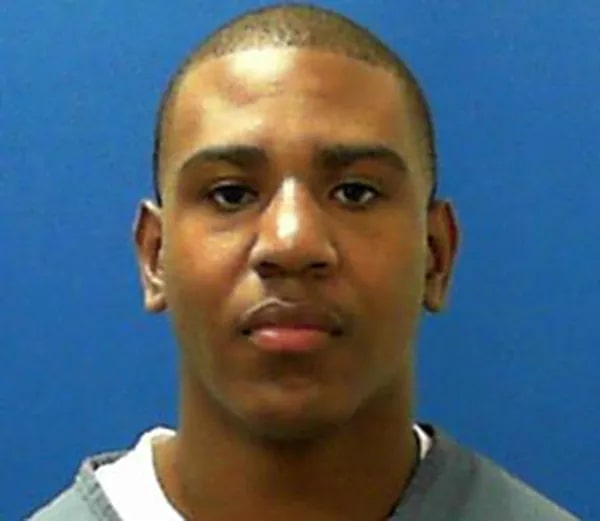
In September 2015, Caleb Jackson became the last person to be convicted in connection with the death of Robert Champion. He pleaded no contest to manslaughter for his role in the incident and received a four-year sentence. Three other defendants, Aaron Golson, Darryl Cearnel, and Benjamin McNamee, received 10 years of probation. Additional defendants either accepted plea deals or were sentenced to probation.
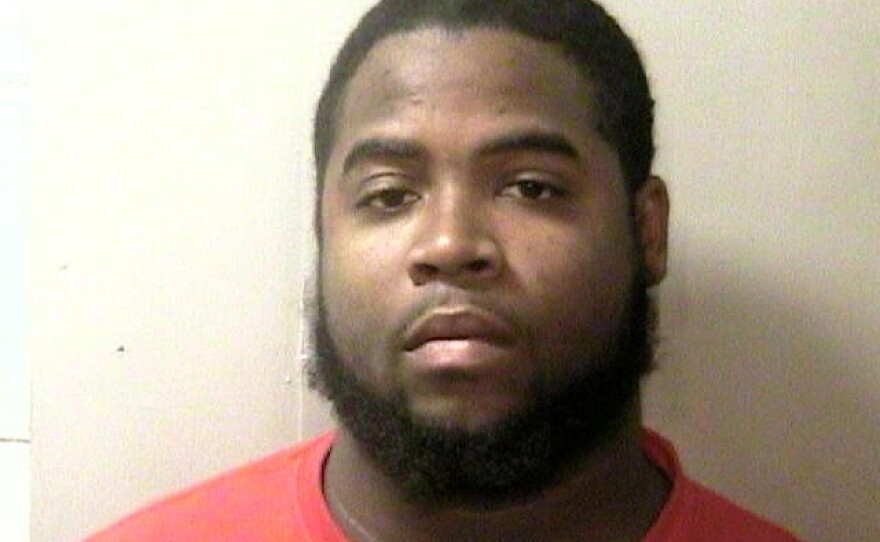
Despite facing the prospect of longer prison sentences, the presiding judge deemed the sentences lenient, citing Champion’s status as a “willing participant” in the hazing. Champion’s family expressed dissatisfaction with the ruling, and there have been limited updates on the FAMU band members since their sentences were handed down.
Read More: Robert Manor and Victor Gray: Where Are The Killers Now?

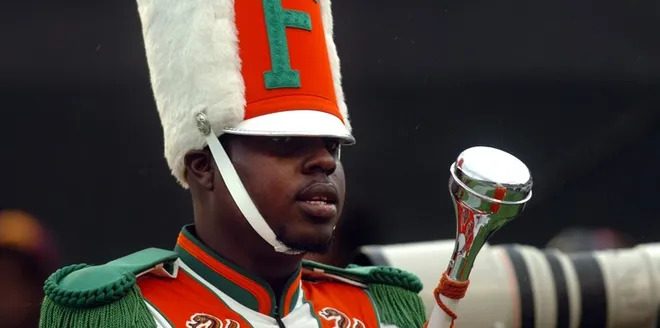
You must be logged in to post a comment.